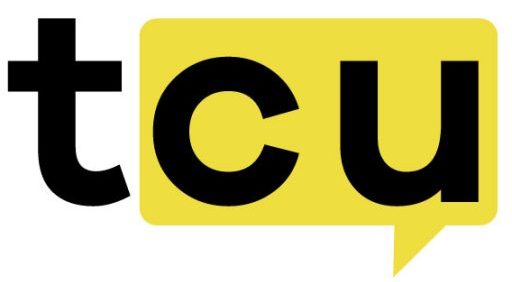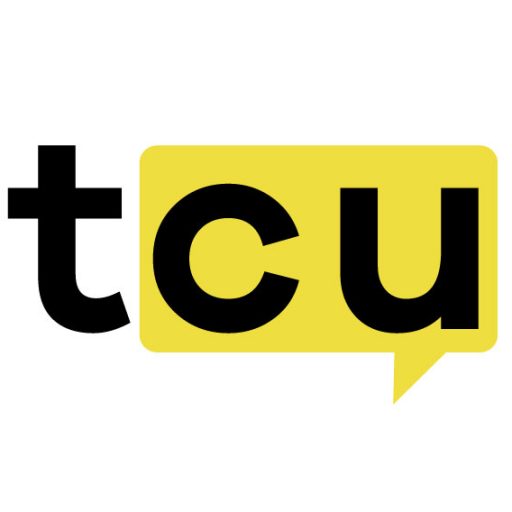It’s not often you see lawmakers from different parties pushing for the same thing, but right now, a handful of representatives are all talking about putting the national budget on the blockchain. The idea is pretty straightforward: record every peso on a public, digital ledger that anyone can check. In theory, that means anyone could see where money is going, as it happens.
Multiple Bills, One Goal
Rep. Javier Miguel “Javi” Benitez is one of them. He filed what’s being called the “Blockchain the Budget Act.” His argument is that this would make every transaction permanent and, importantly, tamper-proof. He thinks it could let citizens and watchdogs track funds down to the very last centavo, in real time. It’s a companion measure to a similar bill already filed in the Senate.
But he isn’t the only one. Rep. Brian Poe Llamanzares put forward his own version. His proposal calls for a National Budget Blockchain System. It would be supervised by a few key agencies, like the DICT and the DBM. The goal is pretty much the same—making allocations and spending open for everyone to see. Poe’s been involved with the Blockchain Council of the Philippines, so he’s familiar with the tech.
A Broader Vision for Government Use
Then there’s Rep. Angelo Barba. His proposal goes a bit further. He wants to see blockchain used across different parts of government, not just the budget. We’re talking procurement, record-keeping, even licensing. It’s a more expansive view. He suggests a phased rollout, arguing it could cut down on corruption and make services more efficient.
It’s interesting to see this kind of overlap. Usually, you get one bill on a niche topic. Here, there are at least three in the House alone, plus the Senate version. It feels like there’s a real push, even if the proposals are still sitting in committee.
The Road Ahead
Of course, proposing a law and passing it are very different things. All these bills will need to go through hearings, debates, and plenty of revisions. Supporters seem to believe the technology itself—being transparent and hard to alter—could change how people trust government spending.
But it’s still early. The concept is promising, but the execution? That’s always the tricky part. For now, it’s a waiting game to see if any of these measures gain real traction.
![]()


